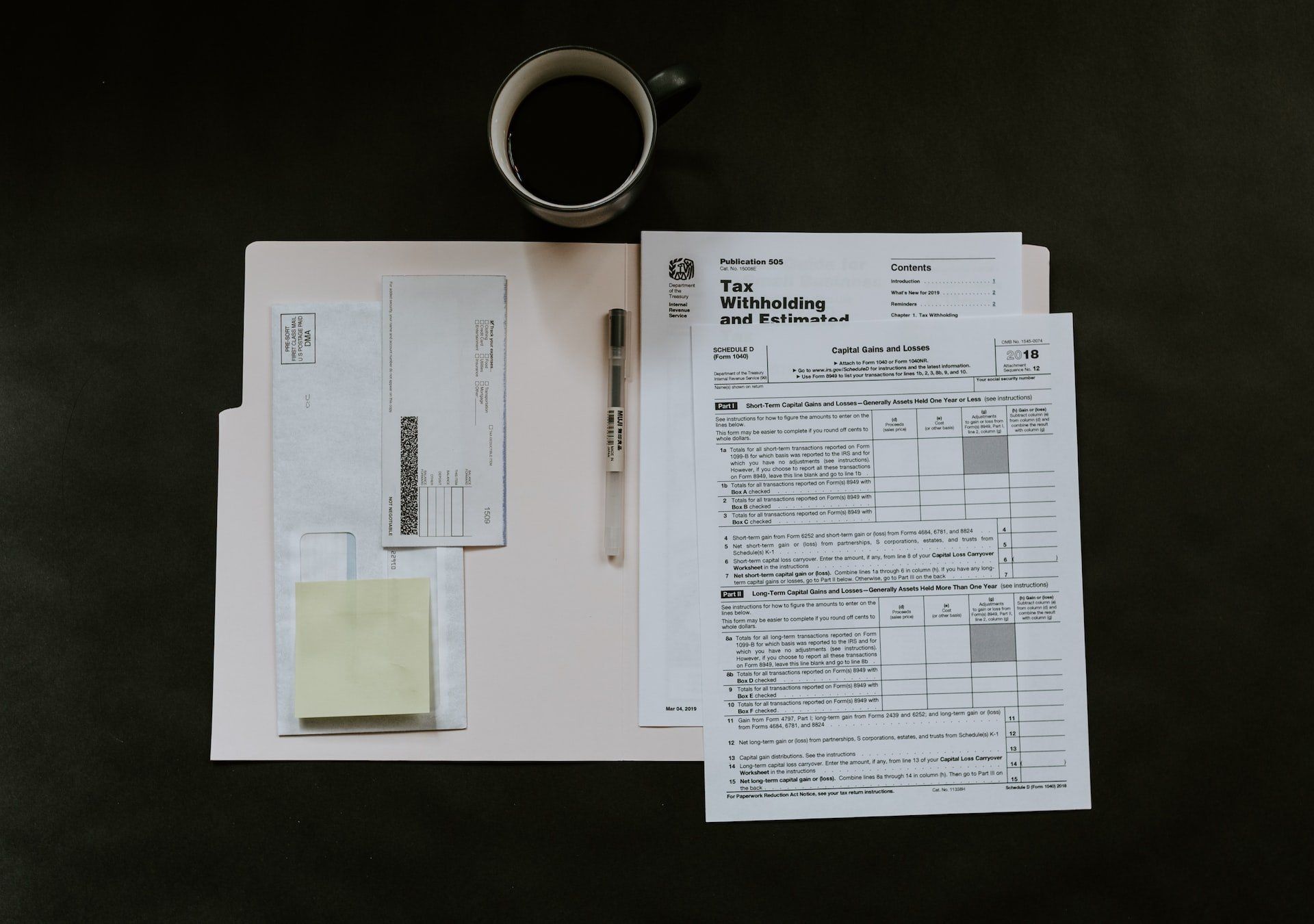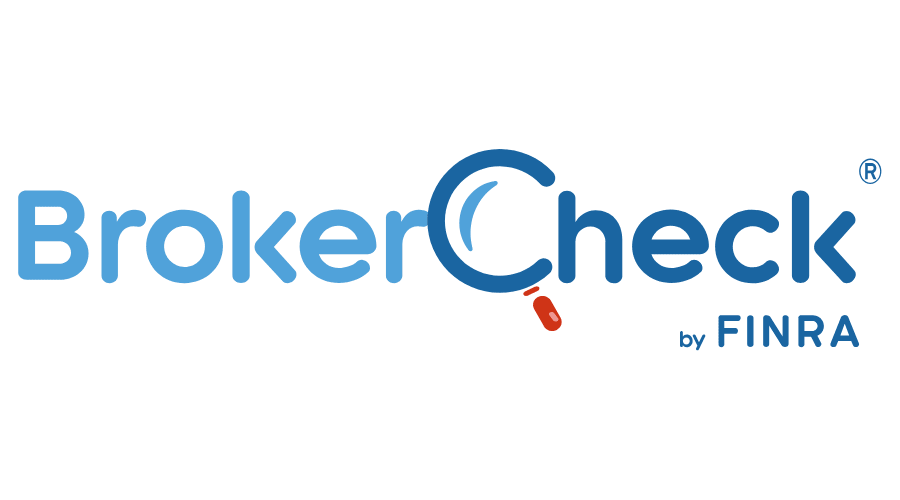5 Reasons Why You Should Start Your Retirement Plan
Understanding the Power of Retirement Planning
Retirement planning is crucial for achieving financial independence. While immediate benefits like tax advantages and employer matching contributions are appealing, other key elements play a vital role in securing your future.
- Health Insurance: Ensures you are covered for medical expenses in your later years.
- Life Insurance: Provides financial support for your loved ones.
- Robust Savings Account: Builds a financial cushion for a comfortable retirement.
Starting early allows your money to grow through compounding, helps you avoid debt, and ensures a stable lifestyle post-retirement. By focusing on these aspects now, you can enjoy peace of mind and a fulfilling retirement.
Why Is It Important to Have a Retirement Plan?
A solid financial plan, particularly for retirement, is key to a secure future. As a financial planner, I know how impactful a well-organized plan can be for your long-term income.
Retirement planning isn't just about saving money. It's about building a financial structure that can withstand economic changes. Understanding tax laws is crucial. With careful planning, your income can grow tax-deferred in retirement accounts, giving you more control over your financial future. By aligning your savings with tax-efficient strategies, you can ensure that more of your money goes toward your retirement, not taxes.
The Long-Term Benefits of Early Planning
Starting retirement planning early lets you benefit from compounding returns on your investments. By contributing to plans like 403(b) and 457, you align your savings with your long-term financial goals.
Investing sooner gives you a financial edge. As your career advances, you can refine your strategies and increase your contributions, building a substantial nest egg. This approach also offers flexibility to adapt to changing goals and economic conditions, ensuring a prosperous retirement.
Benefits of Retirement Planning
1) Anticipating Medical Emergencies
Paying for medical care in retirement is a major concern for many people due to the high costs involved. It's essential to have a plan to cover these expenses.
Here are a few options:
- Long-Term Care Insurance: Helps pay for nursing home or in-home care if you can't care for yourself.
- Retirement Health Insurance: Covers medical costs if you're healthy and don't expect major health issues.
Planning ahead ensures you're prepared for potential medical emergencies in retirement.
2) Maintaining Your Lifestyle
A key goal of retirement planning is ensuring you can maintain your current lifestyle. This includes covering expenses like your home, car, and other daily costs.
To achieve this, it's crucial to have a realistic estimate of your retirement expenses. Consider factors such as inflation and the cost of living in your area. With a clear understanding of your future expenses, you can effectively plan and save for retirement.
3) Having a Plan for Your Investments
Investing for retirement can be complex with many options to choose from. A solid retirement plan helps you make the right investment choices.
One key strategy is to diversify your investments. This means spreading your money across different types of investments like stocks, bonds, and mutual funds.
Diversification reduces risk and ensures you don't lose everything if one investment underperforms. This approach helps protect and grow your retirement savings.
4) Preparing for Inflation
When investing for retirement, it's essential to prepare for inflation, as the cost of living will rise over time.
Ensure your retirement savings can keep up with these increasing costs by investing in assets that grow in value over time. This way, your savings will maintain their purchasing power and support your future lifestyle.
5) Preparing for Any Other Uncertainties
Investing for retirement also means preparing for uncertainties like job loss, illness, or natural disasters.
Having a robust plan helps you manage these risks and ensures that your retirement savings remain secure despite unexpected challenges.
How Retirement Planning Secures Your Future
Retirement planning is like building a strong fortress against future financial challenges. By planning ahead, you can ensure that each paycheck contributes to a retirement free from mortgage payments and unexpected medical expenses.
Effective retirement planning means preparing for future needs, creating a safety net for both expected and unforeseen costs. This foresight allows you to maintain your quality of life, ensuring stability and financial security in your golden years.
Recognizing the power of retirement planning is just the start. Let's explore the various retirement plan options to confidently secure your financial future.
Different Types of Retirement Plans Explained
Understanding retirement plans helps you see how each one affects your financial health, especially regarding taxes. Here are the basics:
- Traditional IRA: Contributions are pre-tax, lowering your income tax now.
- Roth IRA: Contributions are taxed now, but withdrawals in retirement are tax-free.
Exploring these options can help you choose the best plan for a secure financial future.
Traditional vs. Roth IRAs: Making the Right Choice
Choosing between a Traditional IRA and a Roth IRA depends on your retirement and tax strategy.
- Traditional IRA: Offers immediate tax relief by reducing your taxable income now, with taxes deferred until withdrawal.
- Roth IRA: Provides no upfront tax break, but future withdrawals, including compounded interest, are tax-free if IRS rules are followed, benefiting those expecting a higher tax bracket in retirement.
Evaluate your financial goals to decide which option aligns best with your needs.
The Role of Employer-Sponsored Retirement Plans
Employer-sponsored retirement plans help boost your retirement savings. By participating in these plans, like cash balance or defined contribution plans, you secure future income and benefit from tax deferrals and employer contributions.
To make the most of your plan, work with a financial adviser to maximize your employer match and understand vesting schedules—when the employer’s contributions fully become yours. Planning now for these benefits helps protect against future uncertainties, including disability.
Conclusion
Investing for retirement is one of the most important things that you can do for your future. To secure a comfortable retirement, start planning early and strategically. This helps your savings grow and reduces future debt. It’s never too early to start investing, and there are a number of different ways to do it.
Choosing the right retirement plan, like an employer-sponsored plan or an IRA, impacts your long-term financial health. Employer plans offer benefits like matches, while Traditional and Roth IRAs provide different tax advantages. Proactive planning at every stage of life ensures stability and financial independence in retirement.
Plan for a secure future with Acuff Financial Services. We provide
financial preparation services in Loganville,
Watkinsville, and
Winder, GA, to help ensure a stable retirement. Contact us today to find out how we can assist you.
Our Locations
Contact Details
Phone: 770-554-8344
Email: info@acufffinancial.com
-
Loganville Office
Phone: 770-554-8344
Fax: 770-554-8338
Address: 1920 Highway 81 Southwest
Loganville, GA 30052
-
Watkinsville Office
Phone: 770-554-8344
Fax: 770-554-8338
Address: 3651 Mars Hill Rd Suite 700
Watkinsville, GA 30677
-
Winder Office
Phone: 770-867-2149
Address: 18 W Candler St. PO Box 686
Winder, GA 30680
Site Map
© Copyright 2025 | All Rights Reserved | Acuff Financial Services
Check the background of your financial professional on FINRA’s BrokerCheck .
Avantax affiliated financial professionals may only conduct business with residents of the states for which they are properly registered. Please note that not all of the investments and services mentioned are available in every state.
Securities offered through Avantax Investment Services℠, Member FINRA, SIPC, Investment advisory services offered through Avantax Advisory Services℠, Insurance services offered through an Avantax affiliated insurance agency.
The Avantax family of companies exclusively provide investment products and services through its representatives. Although Avantax Wealth Management℠ does not provide tax or legal advice, or supervise tax, accounting or legal services, Avantax representatives may offer these services through their independent outside business.
Content, links, and some material within this website may have been created by a third party [Faithworks Marketing] for use by an Avantax affiliated representative. This content is for educational and informational purposes only and does not represent the views and opinions of Avantax Wealth Management℠ or its subsidiaries. Avantax Wealth Management℠ is not responsible for and does not control, adopt, or endorse any content contained on any third party website.











